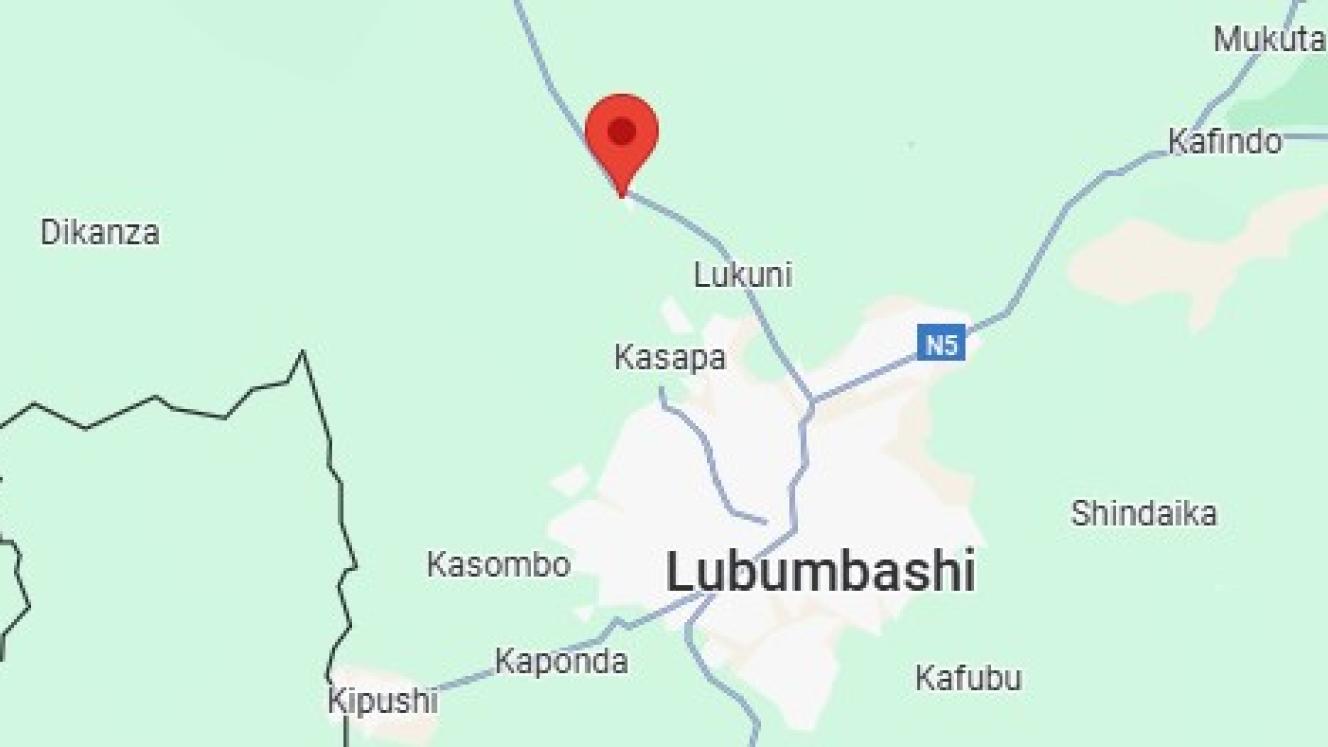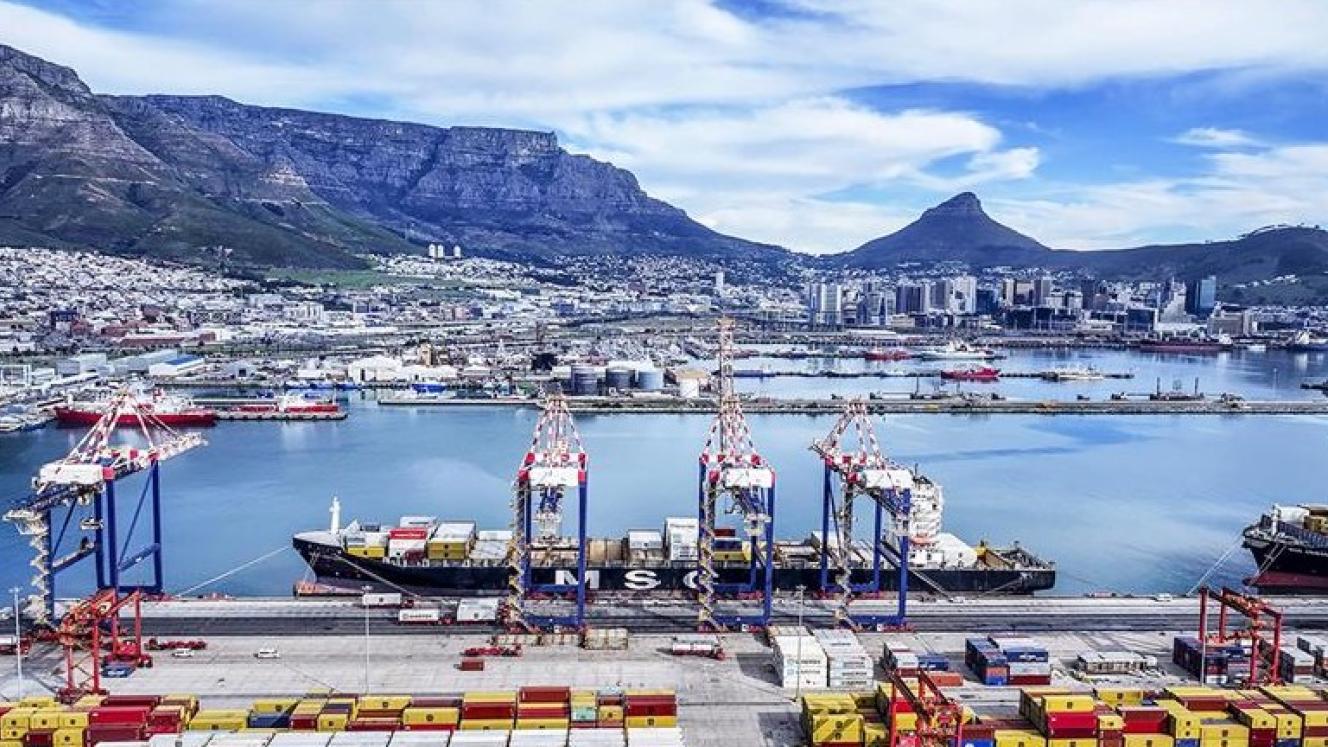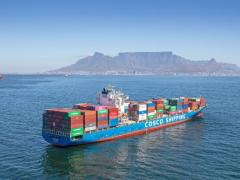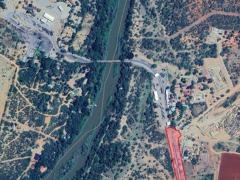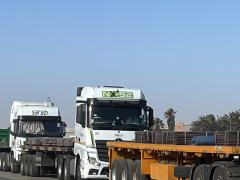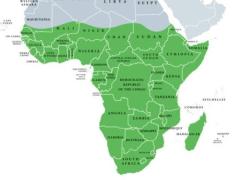Copper-in-transit crime has flared up again in the Democratic Republic of the Congo (DRC), and the hijacking syndicates responsible for the theft are supported by the police, the military and security personnel hired to protect loads.
An investigation by the Transit Assistance Bureau (Transist) has revealed that this time around transporters are falling prey to coordinated attacks in an area called Tumbwe, about 30 kilometres north of Lubumbashi.
Given past experiences with violent criminals pouncing on loads heading south from mines in the vicinity of Likasi, cross-border hauliers are driving in convoys to find safety in numbers.
But delaying tactics at source indicate that some mine personnel are part of the copper theft, issuing trucks with the necessary documentation to depart while holding back others.
The pattern of orchestrated interference also involves unmarked vehicles tailing and isolating loads, striking when the time is right, even if loads are under armed protection.
Transist says: “This situation is part of a criminal syndicate in cahoots with the police as these hijackings are taking place in and around Tumbwe on a regular basis. The hijackings are being carried out by people who are in possession of military type radios, and they are armed with guns.”
Whether by day or night, “drivers are usually beaten and then held in nearby bush until they (the perpetrators) are given the signal on the radio to release the driver”.
Transist adds that once all the copper has been removed, police offer transporters ‘assistance’ by ‘recovering’ rigs that can be reclaimed from “Aneli Police Station” in Likasi – at a cost of $50 000.
“They also offer to recover the copper for a fee of 10% of the value of the copper hijacked,” Transist says.
“The value of these copper loads is around six million dollars, so 10% is equivalent to $600 000 for the recovery of the copper.”
Mike Fitzmaurice, sub-Saharan vice president of the African Union’s division for transport and logistics, UAOTL, has said he will take up the matter with authorities in the DRC.
However, the urgency of what’s happening on the N1 north of Lubumbashi is an issue. “These cases take time to get through to the authorities in Kinshasa and for them to investigate and take action,” Fitzmaurice says.
Previously, the theft of copper in transit had taken on brazen tactics north of Likasi, when several cases were reported in 2020 of criminals cutting ratchet straps and sliding cathodes of flatbeds in motion.
Further on down the Copperbelt line, close to the Kasumbalesa border, there used to be cases of drivers being manhandled by soldiers for no apparent reason other than robbing them at gunpoint of the dollars they’re required to carry in cash for transport-related fees along the way.
